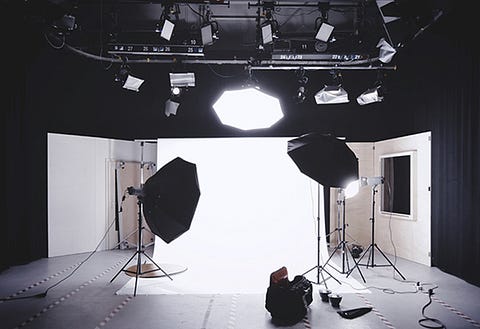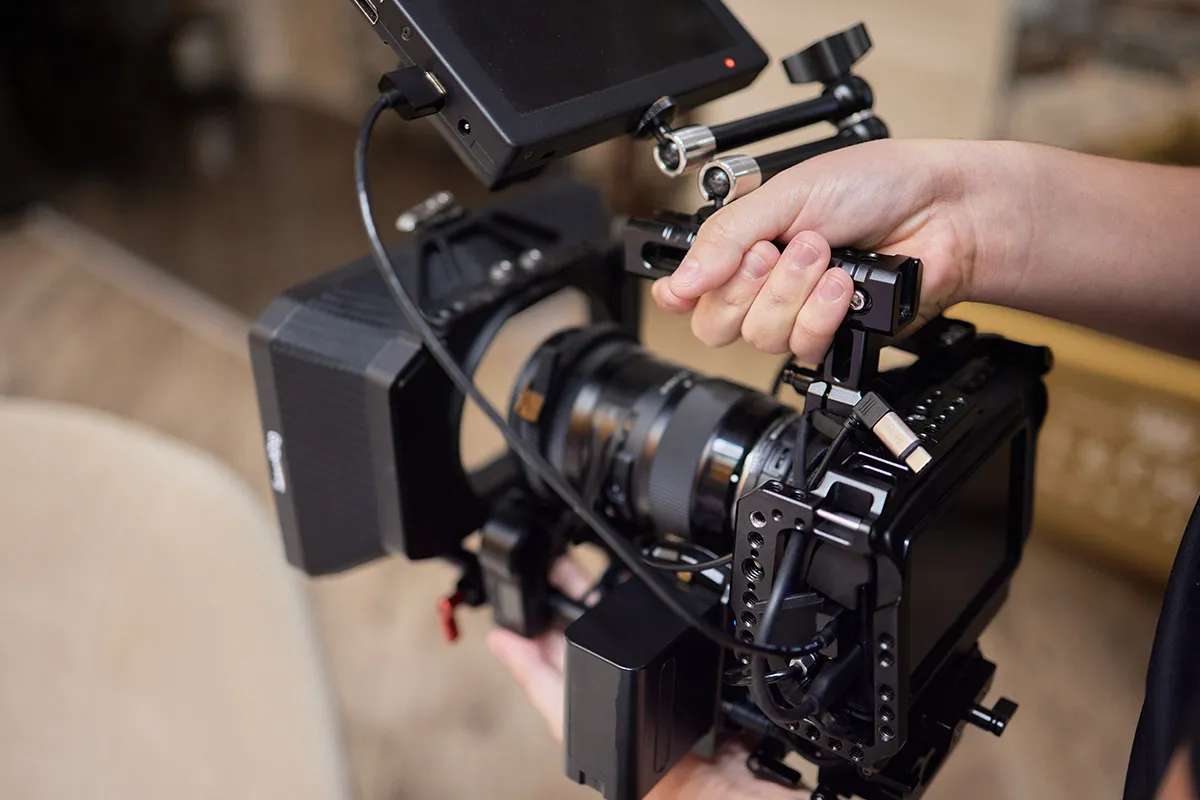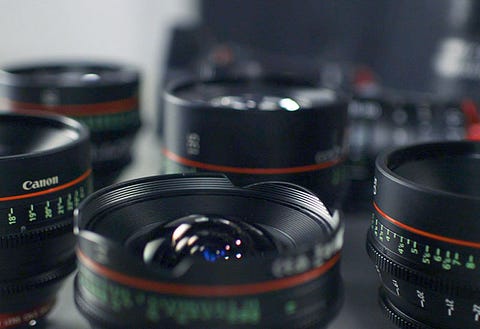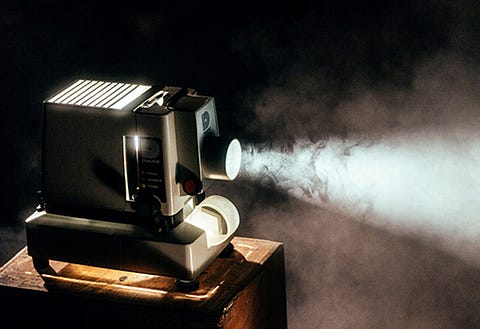
Choosing your first camera is a crucial step for aspiring filmmakers. However, it can be overwhelming to decide among the numerous brands and features, to determine which one would serve the best.
It's a known fact that 63% of professionals and amateurs use mirrorless cameras, while 36% use a DSLR. Now it’s your choice to determine which suits your preferences and needs.It is crucial to make a correct decision by carefully considering every specification and feature because the camera is the most essential film course equipment, which is like a one-time investment. Therefore, it requires careful examination before you invest your money.
This blog discusses tips that can help you choose the right camera for your online course in filmmaking
Let's Start With The Basics: How Does A Camera Work?
A camera functions as a device to record visual images through the interplay of optics and light sensitivity. When the camera's shutter button is pressed, the lens opens, permitting light from the scene to pass through. The lens then focuses this incoming light onto a photosensitive surface, which could be a digital sensor or traditional film. The convergence of light rays at this surface creates an image, with each point representing the intensity and colour of the light it received. In digital cameras, this image is converted into electrical signals by the sensor, processed by an internal chip, and stored as a digital image file. In contrast, film cameras chemically develop the image onto the film.
Ultimately, a camera captures and preserves a visual rendition of a scene by regulating the entry of light onto the photosensitive surface, a process rooted in optics and light manipulation principles.
Tips To Choose Your Film Course Equipment
1.Check-In With Your Course Requirements
There are a lot of institutes providing online courses on filmmaking; whether you pursue an online or offline course, the primarily step that you should follow is to check in with your course requirements. Often, the courses require a set of prescribed specifications for the film course equipment, and it is important to ask your professors for that before making the purchase.
2.Decide On A Camera Type
There are distinct types of cameras to choose from, including DSLRs, mirrorless cameras, and camcorders. Consider your course's focus and your filmmaking style to determine which type suits you best.DSLRs and mirrorless cameras are versatile and popular for filmmaking due to their interchangeable lenses. However, you should invest in a camera that fits your requirements.
3.Evaluate Image Quality
For choosing your film course equipment, image quality is crucial. Look for a camera that provides good image quality, especially in low-light conditions. Check the camera's sensor size, resolution, and low-light performance to ensure it meets your filmmaking needs. You can also check its reviews online.
4.Buy From A Recognised Brand
TThere are a plethora of brands selling camera equipment. It is essential for you to select the camera from a recognised brand and from an authentic seller. The camera market is highly concentrated, as the top three major manufacturers (Canon, Sony, and Nikon) collectively represent 84.3% of the total units sold. You can consider buying from any of the reputed brands.
5.Assess Ergonomics And Usability
CComfort and ease of use are essential for prolonged filming sessions. For your offline or online courses in filmmaking, consider buying equipment that is comfortable for you. Hold the camera in your hand to see if it feels comfortable and consider the placement and accessibility of buttons and controls. Also, evaluate the availability of manual settings for creative control
6.Research Additional Equipment
Remember that filmmaking often involves additional equipment like lenses, tripods, microphones, and lighting. Consider the compatibility and availability of these accessories for your chosen camera, as they will play a crucial role in your filmmaking journey. It can be difficult to adjust later if your camera is not compatible with the film course equipment you purchase subsequently.
Start Your Film Course Journey With Whistling Woods International Extension
At Whistling Woods International (WWI) Extension, we thoroughly guide our students about which film course equipment they should invest in. We also provide our students with particular student concessions on subscription to the most valuable tool for a filmmaker: Adobe Premiere Pro.
Online courses in filmmaking provided by us:
Advanced Certificate Program In Filmmaking
The WWI Extension's Advanced Certificate Programme in Filmmaking provides comprehensive training covering all filmmaking craft aspects. Providing you with flexibility, it is a self-paced course, and you can access it anytime, anywhere.
Reference Links:
www.nfi.edu/foley-artist
www.sound-ideas.com/Page/what-is-foley
www.studiobinder.com/blog/what-is-a-foley-artist
www.nfi.edu/foley-artist
www.sound-ideas.com/Page/what-is-foley
www.studiobinder.com/blog/what-is-a-foley-artist


